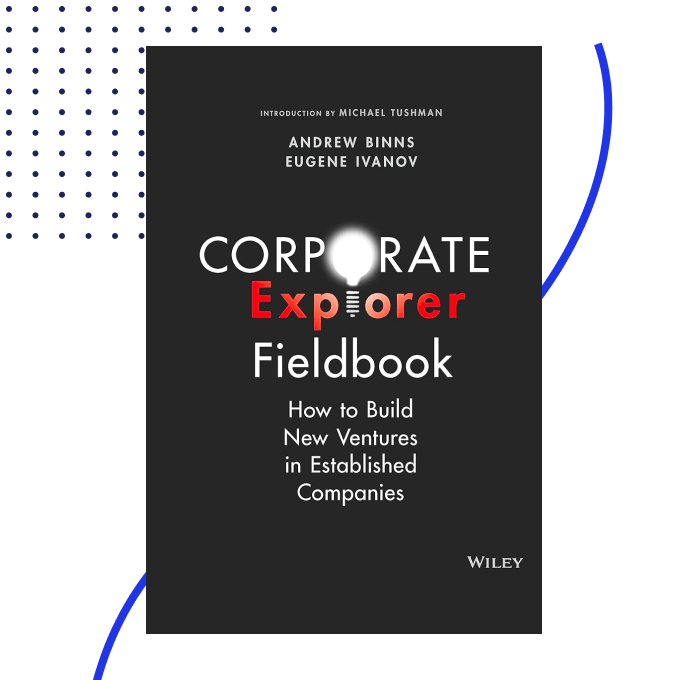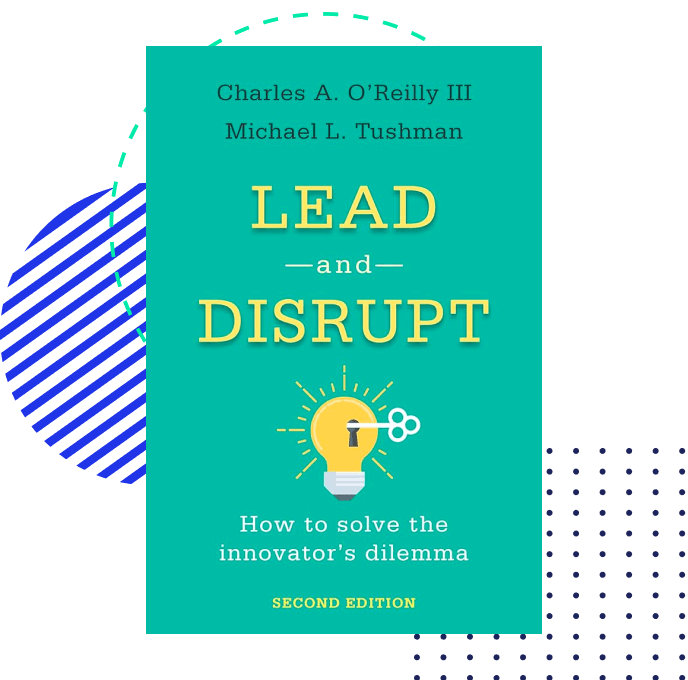Thought Leadership
Change Logic applies world-leading research to enable firms to develop new sources of growth beyond the core business.
World-Class Research, Real-World Insights
Our work builds on four decades of research by our founders, Professor Michael Tushman (Harvard Business School), Professor Charles O’Reilly (Stanford Graduate School of Business) and Andy Binns. Change Logic has extended this research, building a practical toolkit that marries research to practical application.
We are published regularly in the Harvard Business Review, MIT Sloan Management Review, and the California Management Review. We collaborate with client CEOs on many of our research projects, helping to bring real world insight into our work.

Change Logic Team Authored Books
A brief outline of what we did. Guided outside-in learning to define customer personas and high-value customer problems for GM to solve developed ideas and testable hypotheses for delighting consumers etc. etc. etc.

Corporate Explorer Fieldbook
How to Build New Ventures in Established Companies

Corporate
Explorer
How Corporations Beat Startups at the Innovation Game

Lead and
Disrupt
How to solve the innovator’s dilemma
Industry Leading Whitepapers
Busting The Myths Of Corporate Innovation
Andrew Binns
Beating the Odds of Disruption
Andy Binns, Christine Griffin, and Aaron Leopold